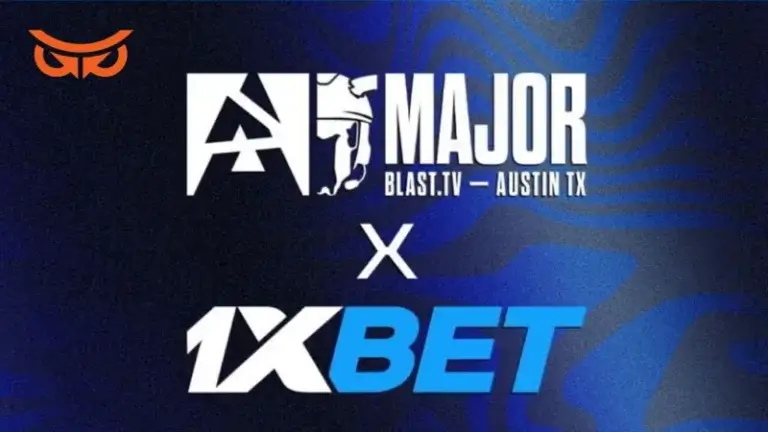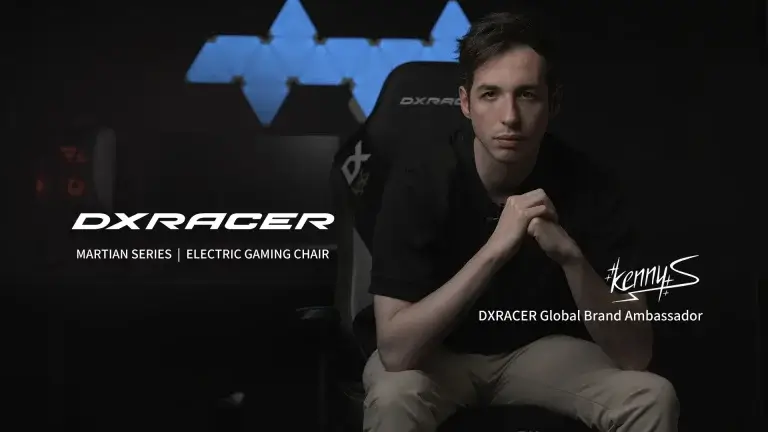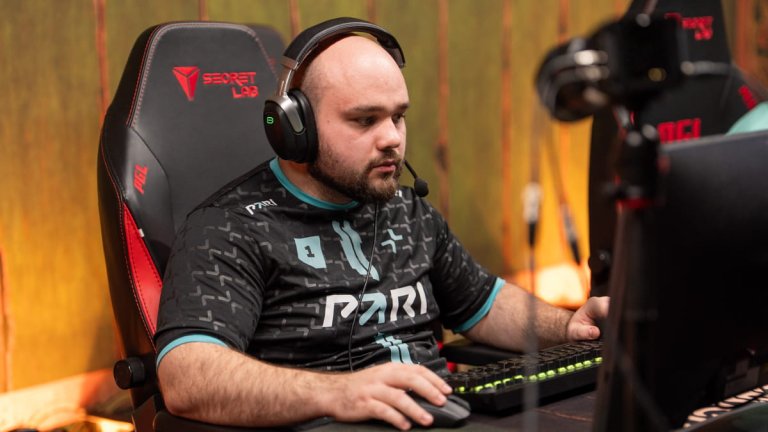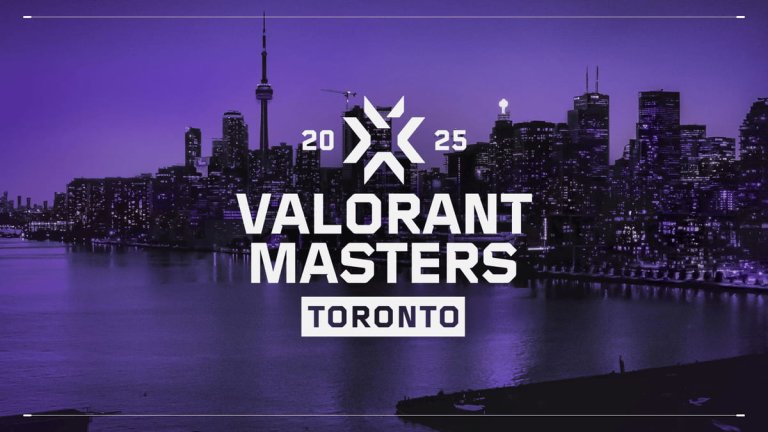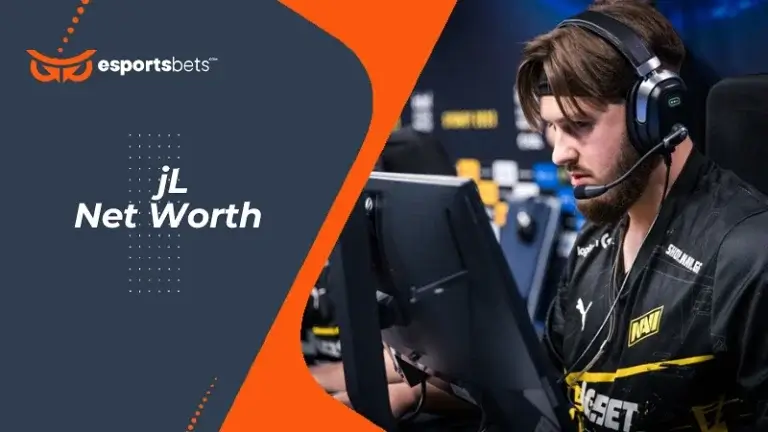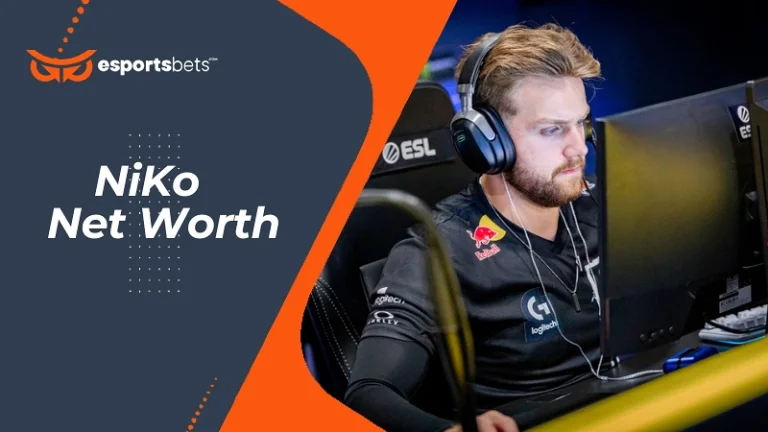Will Esports Always Be The Domain Of The Younger Gamer?
Will esports always be the domain of the younger gamer? Well, considering that esports has now been around for more than a decade, the demographics are certainly shifting. Esports is no longer just for “youngsters” – read on to figure out why.
Esports Fans – Checking the Numbers

In the esports world, Abios is known as a leading source of industry data. In a recent Abios report diving into ‘Demographics & Habits’ of esports fans, a lot was found out.
Firstly, here’s a look at the breakdown of the age groups enjoying and watching esports:
| Age Bracket | Split of Viewers |
|---|---|
| 25-41 years old | 50% |
| 16-24 years old | 26% |
| 42-56 years old | 20% |
| 57+ years old | 4% |
Indeed, it’s actually the 25 to 41-year-old bracket that is interacting with esports games the most compared to those younger and older.
Considering the Global Esports Audience is now at 600 million viewers, according to InFront Sport, half of these viewers are millennials.
Esports Titles Are Getting Old?

The above report certainly makes sense considering the release dates of some of the most popular esports titles:
- Dota 2 – July 9th 2013
- League of Legends – October 27th 2009
- CS:GO – August 21st 2012
- Rainbow Six Siege – December 1st 2015
- CoD (BOII) – November 12th 2012
For the most part, teenage years are when gamers have the most time to invest into a title and its respective esport, before other commitments may challenge this.
Anyone who was a teenager back when titles like Dota 2 and LoL were at their best is now between 25 and 41 years old. While there may be less time to play the title itself, tuning into esports is one way in which these members stay active.
Indeed, let’s not forget that some of the most passionate esports fans are those who supported the industry before it took off.
Average Age of Esports Competitors

When trying to figure out the average of esports competitors, several sources for esports news offer varying statistics.
Notably, the age of esports competitors varies depending on the age of the specific esports title – as listed above, older games have older followings.
Let’s take a look at some tournament averages to better understand the age of esports competitors:
- Rocket League Worlds 2024 – 20.06 years old
- PGL Copenhagen Major 2024 – 25.30 years old
- Overwatch League 2022 – 20.10 years old
Considering these are only averages, there are plenty of esports players who exceed this average. At the extreme end, the “world’s oldest esports champion” is none other than Abbe “DieHardBirdie” Borg who won the seniors DreamHack Summer 2019 trophy at 78 years of age.
Here’s a look at some of the oldest and most active esports professionals in the world:
- Tsoi “NuL” Shiu Lun – 38 years old (VALORANT)
- Finn “karrigan” Andersen – 34 years old (CS2)
- Danil “Dendi” Ishutin – 34 years old (Dota 2)
- Tamas “Vizicsacsi” Kiss – 31 years old (LoL)
Older esports scenes such as StarCraft and Super Smash Bros are home to the oldest competitors in esports.
Esports and the Older Gamer

When it comes to age, the age of retirement in esports is rather controversial.
The idea of retirement in esports mainly focuses on competitors either not being offered opportunities or failing to keep up with the mental stress – it’s rarely about physical barriers or injuries.
Professionals usually end their careers in two ways:
- Become super successful to the extent that you can swap career to either content creation or something else in the esports industry
- Quietly hang up the sticks and do something else with your life
We look forward to the idea of a ‘retirement age’ in esports being continually challenged. In addition, as active players retire, the pool of experienced coaches and managers could help propel esports teams even further.
Perhaps, it may come to a point where older players compete separately in their own category to keep things balanced.
Meanwhile, outside of esports, gaming is a lifelong endeavour with not many requirements beyond a means of playing a game. Naturally, titles which require lightning-fast reflexes may not be appropriate, but plenty of tactical titles can be played by literally anyone.
Bearing this in mind, we look forward to the demographic shift to come where the average gamer age goes up each decade. Moreover, retirement homes could be filled with gaming consoles and PCs before we know it.
Stay Involved with Esports Betting
Naturally, one way to stay involved with esports regardless of how old you are, is through esports betting.
While you may not have time to play the game, betting could be a means of interacting with the industry. Accordingly, here at EsportsBets we’re dedicated to helping out with this endeavour, bringing the best quality advice and information possible.














